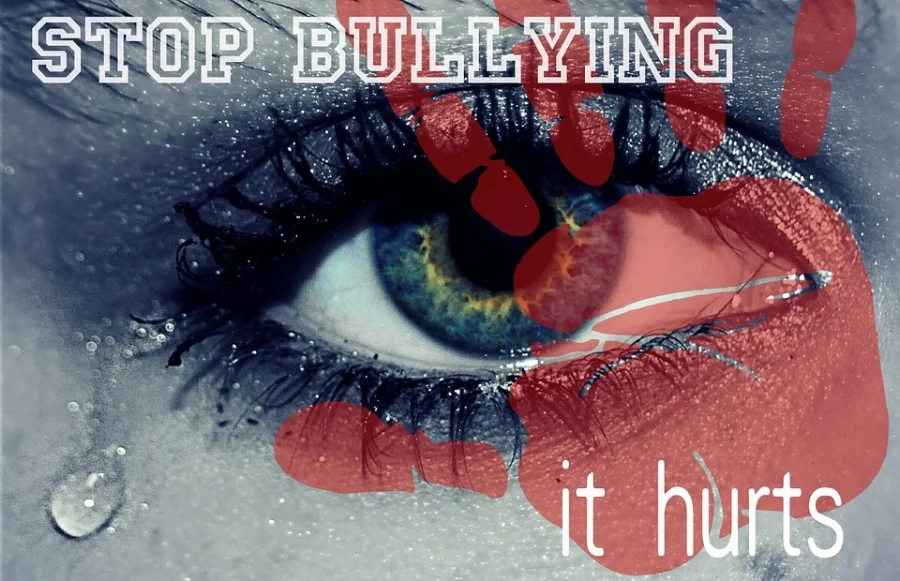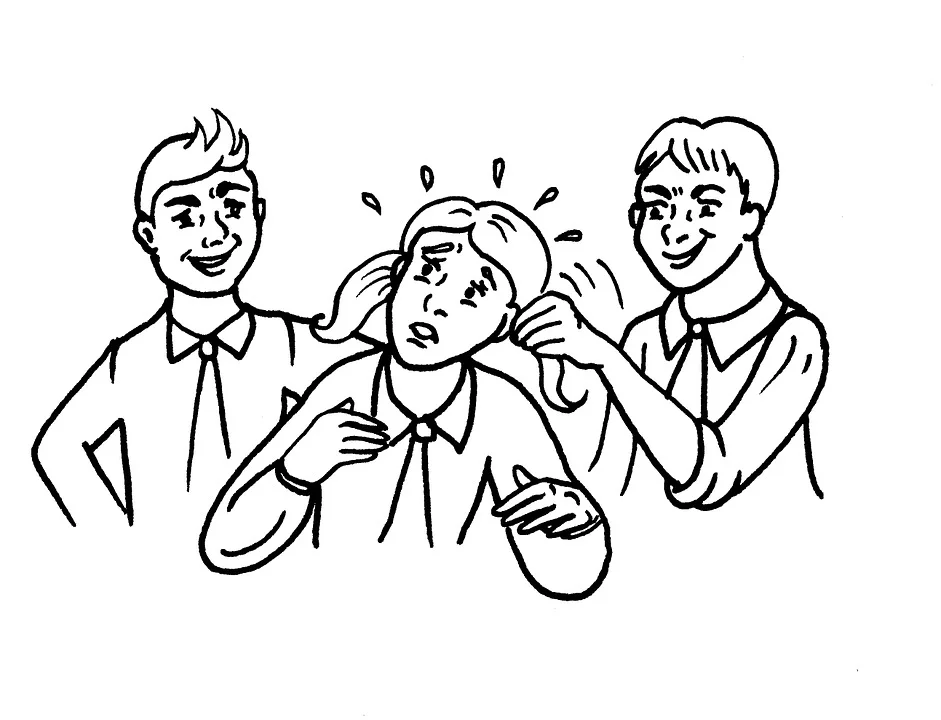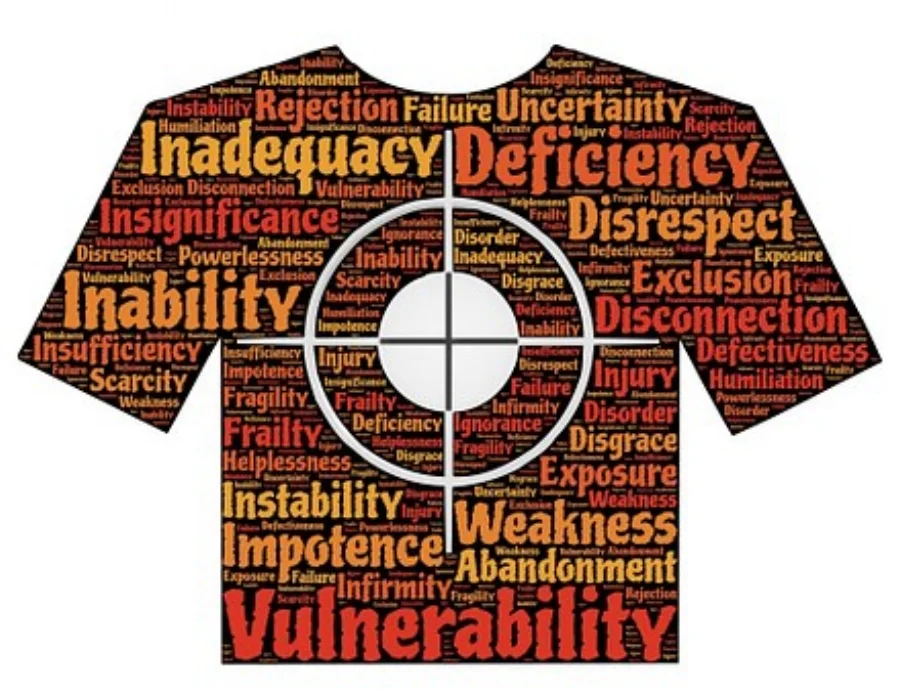How To Spot The Warning Signs Of Childhood Bullying : What You Need To Know Now!
One of the most difficult questions that most parents ask themselves at some stage is “how can I protect my child from being bullied?”. Then there is the inevitable fallout from the nightmare that childhood bullying creates, and many parents struggle when trying to talk with their child who is being bullied.
The statistics about childhood bullying make for sad reading - fifty-percent of teens encounter bullying in person, and with the advent of the internet age, it is easier than ever for children to anonymously bully other children online.
So in this article we will look at the size of the problem of childhood bullying, what signs a parent needs to look for so as to detect that their child is being bullied, so as to be able to intervene at the earliest stage.
Just How Bad Is The Bullying Problem?
Very bad indeed. We are way beyond the era when many parents almost dismissed the bullying problem with cliches such as “just being part of growing up”, or that in boys it will “make a man of you”. Bullying is to be taken seriously, as it has grown in scale and has very serious consequences.
The Government website https://www.stopbullying.gov reports a host of alarming statistics about the prevalence of bullying in schools, on school grounds or on school buses, along with the safety in the school buses, including
That 70% of students have personally witnessed bullying at school
In one study almost 50% of children in grades 4–12 reported being bullied by other students at school at least once during the past month, whereas 1 in 3 reported bullying others during that time.
Only about 20 to 30% of students who are bullied notify adults about the bullying.
Of even greater concern that most childhood bullying takes place at school, on school property or within the control of school, where most children spend the majority of their time.
Cyber-bullying ( commonly known as online bullying ), refers to harassment via electronic means, using mobile phones and on the internet. Teens use smartphones to post abusive messages, videos and texts to embarrass (known as ‘trolling”) their victims, or post personal data, even hack their victims online accounts or create false identities.
A Pew Research study showed that 93% of teens aged 12-17 go online , making them extremely vulnerable to trolling, especially as they tend to overshare personal information with their peers. The internet can be a lonely place for teens, but they tend to want to keep adults out of their online business – so only a third of teens who have been cyber-bullied ever tell their parents
Which Children Are Most At Risk Of Being Bullied?
As a parent you should always consider if your child is more likely to be bullied than other children. Bullying can happen anywhere and to anyone, there is no hard and fast rule - but certain groups of children tend to be more at risk:
1. LGBTQ (lesbian, gay, bisexual, transgender, or questioning youth) – a group where 90% of students experience harassment at school or online. Support services can be incredibly beneficial for children facing bullying, especially those who identify as LGBTQIA+. You can go through a specialized website that offers a range of services tailored for the LGBTQIA+ community, providing a safe and heal their trauma.
2. Youth with disabilities – physically, developmental, emotional
3. Children who are “different” – is your child unusually thin or overweight, new to school
4. Unpopular or withdrawn children – who suffer from low self-esteem
5. Children who are socially inept and who seek attention by misbehaving or provoking others
Again, these are risk factors, but are not definitive characteristics that mean your child will be bullied. Whilst there is no magic formula to predict bullying, you should be vigilant and consider how you can best get in front of your child’s potential bullying scenario, and minimize the risk of harm.
How To Spot The Warning Signs Of Bullying
It is important for parents to detect the signs that your child is being bullied as early as possible, because the longer that it goes on, without the child getting help, the greater the harm that it may cause. Persistent bullying has been linked to worsening feelings of isolation, rejection, exclusion, and despair, and well as depression and anxiety – all conditions that in turn can lead to teenage drug abuse and an increased risk of suicidal behavior.
So what can help you spot the warning signs that your child is being bullied? You should look for the following changes in behavior, which again are not exhaustive:
Unexplained injuries
Missing clothes or personal items
Changes in sleeping and eating patterns
Mood swings and reluctance to talk about the problem
Frequent anger and aggression
Reluctance to go to school or get on the school bus
School grades deterioration
Wanting to be isolated and alone
Escaping into computer games
It is important that you have an honest and open relationship with your child, which will make them more confident about telling you about the bullying problem in the first place and opening up about how it is making them feel. Try to become their “go-to” person about their emotional problems, so that they are not embarrassed about speaking up – you are their first line of defense against the negative effect of bullying.
Don’t judge them by what they tell you - the worst thing you can do is to ask them if they brought this situation upon themselves, even if that is what you suspect. They will self-blame and go underground with their emotions. In practical terms you need to take the initiative, for example
- do not approach the bully or his/her parents directly
- notify the school and expect a plan of action
- look for practical solutions to secure your child’s safety – for example, find a different route to school, create a buddy system
- practice self-esteem exercises with your child – show them how to use positive language and non-verbal cues
Finally, be consistent in your support and your child will reap the reward. Teaching them how to deal with bullies and difficult people will not only help them during the school years, but also throughout their later life to cope and deal with awkward social situations and in the workplace. This is a life skill that is essential to a happy life and career success.




